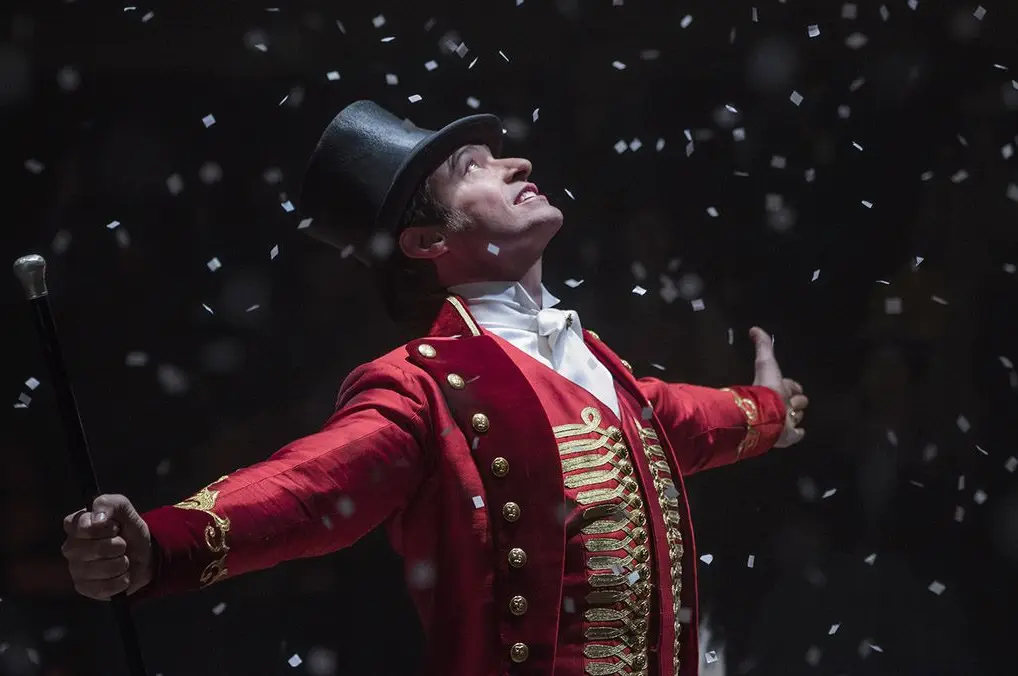The rise of flamboyant leaders in various parts of the world has pushed political science to reconsider the roots of these figures. The term showman does not belong to political science but is inspired by P.T. Barnum, an American businessman and circus impresario who was charismatic, attention-grabbing, and connected with his audience. However, this phenomenon has also made its way into politics.
Showmen are not necessarily full-fledged populists, since the latter use the media to strengthen their image and thrive on publicity. Showmen are characterized by using emotional politics to captivate and by staging a theatrical performance before the public that focuses on irreverence and controversy. While they exercise power, they enjoy being the center of attention through fashion, statements, or romantic affairs.
In Libya, Muammar Gaddafi not only became a dictator but, with his attire, stole attention from other leaders: shirts with the map of Africa, oversized black sunglasses, clothes for sailing or the beach. Gaddafi was one of Africa’s most prolific showmen. He loved drawing attention and stealing front-page headlines, but behind the fashion lay a reign of terror.
In Argentina, Carlos Menem identified as a Peronist, but once in power he pushed for privatizations, economic deregulation, and free markets. At the Casa Rosada, he deepened his theatricality and became known for playing soccer and basketball, riding horses, dating celebrities, and being unfaithful—so much so that he was nicknamed “el galán de La Rioja.” His long sideburns made him recognizable throughout the country, as they emulated 19th-century caudillos.
In neighboring Ecuador, Abdalá Bucaram won the presidency as a celebrity icon—he sang, danced, dated models, created his own milk brand, and even recorded an album with Julio Iglesias songs. Bucaram, however, failed to deliver as a ruler and was ousted after just one year in office.
Further north, Hugo Chávez came to power in 1999. His case is noteworthy because he whitewashed his authoritarian image with a centrist, affectionate, and tolerant disguise; he sang songs, joked, played sports, and hosted his own TV program Aló Presidente. Chávez staged not only his populist leadership but also the mechanisms to undermine democracy.
In 2017, Donald Trump broke into the U.S. political system and became president. The Republican danced before crowds, insulted adversaries, and fired cabinet members on Twitter. Trump acted like a TV star and businessman, making it difficult to analyze his behavior as a head of state. His style recalled his show The Apprentice and his catchphrase “You’re fired!” with which he humiliated entrepreneurs—just as he did later with public officials.
In 2019, El Salvador broke with bipartisanship through GANA and its candidate Nayib Bukele, now nicknamed “the coolest dictator.” Using social media and his youth, he disrupted traditional communication; his iron-fist approach seduced many Salvadorans. The production value he invests in filmed raids, gang arrests, and imprisonments has won him strong approval, with many considering him the best president.
He also built a confrontational discourse that led him to storm the National Assembly with soldiers and police because lawmakers refused to approve funds for a security project. The influencer president took his role further. Since securing a second term, his performance has evolved: he now dons military jackets reminiscent of 19th-century caudillos, his guard has adopted French-style uniforms, and his architectural projects reflect the autocrat he has become.
Silvio Berlusconi, businessman and TV star, governed Italy three times (1994–1995, 2001–2006, and 2008–2011). His governing style was marked by insults, arrogance, and seduction—earning him the nickname “the minister of hearts.” His love affairs were well known to Italians, as were corruption allegations.
Showmen have been present throughout history. They may be confused with populists, but not all charismatic leaders rely on theatricality. It is not the first time that world leaders have acted like performers to wield power and dominate public opinion. These figures have understood the importance of the media as a tool for governance.
*Machine translation, proofread by Ricardo Aceves.














